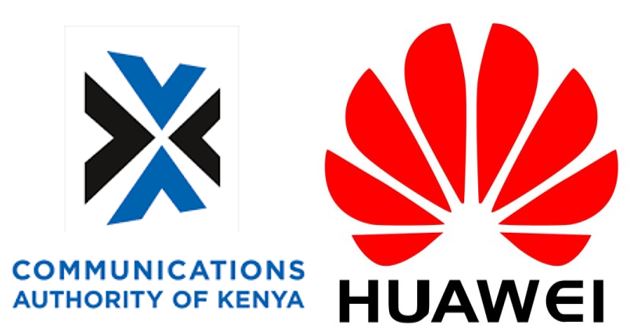Technology is one of the fastest growing industries across the world because it affects practically every aspect of human existence. With this awareness, most nations and businesses are working to better prepare for this advancement. This is why companies all over the world are in need of professionals with advanced information technology skills to enable them to maximise technology for their business growth and expansion.
What Does This High Demand For Tech Skills Mean?
This means there is a high demand for career professionals skilled in tech, which has created ample opportunities for individuals interested in the tech space to stay relevant and employable. Just like economists say, when demand is high, prices go up. The same goes for the technology sector. It is one of the industries with the best paying employment opportunities, which makes it more enticing for individuals to venture into.
If you’ve been thinking of a convincing reason you should go into tech, the high remuneration is definitely a good reason, while the ability to largely work remotely is another.
Read also: The emergence of a tech hub: Nnewi Tech Faculty
Here are 15 tech skills in high demand in 2023 that you can learn to launch your tech career and start earning big bucks
Software Development
Software development is one of the most in-demand and well-paying careers in the technology industry. Developers design, test, and manage software applications, and they are frequently in high demand by businesses of all kinds.
Website Development
Another lucrative field in the technology industry is web development. Web developers build and maintain websites and web apps, and they frequently collaborate with designers, marketers, and other experts to produce user-friendly and visually beautiful websites.
Analytics and data science
As more businesses rely on data to make business decisions, the demand for data scientists and analysts is increasing. These experts employ statistical and computational tools to extract insights from data and assist firms in making data-driven decisions.
Cloud Computing
Cloud computing is one of the fastest-expanding sectors of technology, with several job prospects. As more businesses move their data and applications to the cloud, cloud computing technologies such as Amazon Web Services, Microsoft Azure, and Google Cloud Platform are in great demand. Cloud computing professionals can work in a range of roles, including cloud architect, cloud administrator, and cloud security specialist, because they assist in storing, managing, and analyzing data in the cloud.
Read also: NITDA Urges Youth to Upgrade their Skills in Blockchain Technology
Cybersecurity
Cybersecurity is a key issue for firms of all kinds, and experts in this field are in high demand. Security analyst, security engineer, and security consultant jobs are in high demand because they seek to secure organizations’ networks, systems, and data against illegal access and cyberattacks.
Network and Information Security
As the number of cyber threats grows, so does the demand for network and information security expertise. These people work to keep networks, systems, and data in organizations safe from unwanted access and cyberattacks.
Artificial Intelligence and Machine Learning
Artificial intelligence and machine learning are two of the most interesting and fast-growing areas of technology, and people who know a lot about them have a lot of job opportunities. These people work on making algorithms, models, and systems that can look at data and make predictions about it.
Technical Writing
Technical writers make things like user guides, online help systems, and other kinds of documentation for tech products and services. They are in charge of making difficult technical knowledge understandable to non-technical audiences.
Technical Support
Technical support employees help customers who are having trouble with technology products or services. They are in charge of finding and fixing bugs and other problems with technology so that consumers can get the most out of it.
Technical Sales
Customers are sold technology items or services by technical sales specialists. They are in charge of comprehending consumer requirements, recognizing opportunities, and closing sales.
Technical Project Management
Technical project managers are in charge of technology project planning, organization, and management. They work closely with teams of developers, designers, and other experts to finish projects on time and under budget.
Technical Training
Technical trainers are responsible for teaching people how to use technology products or services. They create and deliver training programs and frequently collaborate with clients, workers, and partners.
Technical Consulting
Technical consultants work with their clients to find out what kinds of technology they need and then give them expert advice on how to meet those needs. They frequently deal with a variety of clients and projects and are usually self-employed.
Technical Recruiting
Technical recruiters are in charge of locating and hiring top talent for technology firms. They work closely with the people in charge of hiring to figure out what the company needs and find the best candidates for the job.
Technical Marketing
Customers are marketed to by technical marketers that sell technology products or services. They work closely with product teams, sales teams, and other stakeholders to come up with and carry out marketing strategies.
Heads Up
It’s important that you know that some of these professions may require you to be knowledgeable in coding or programming languages, depending on the firm or organization you work for. If you are not interested in coding, you can look for opportunities that do not require coding skills.
You must understand, however, that the technology industry is ever-changing, and more tech jobs may require coding and programming knowledge in the future.













